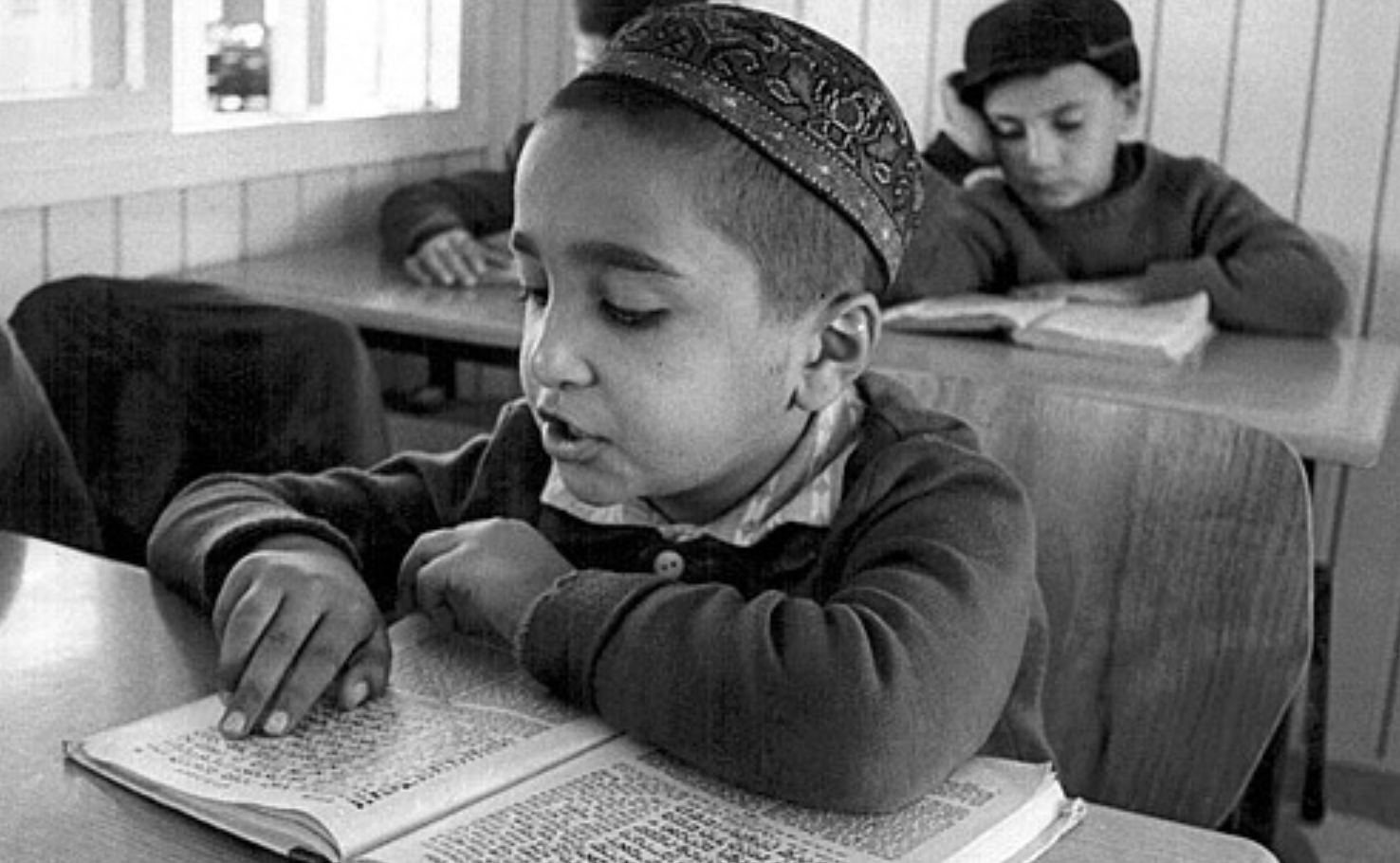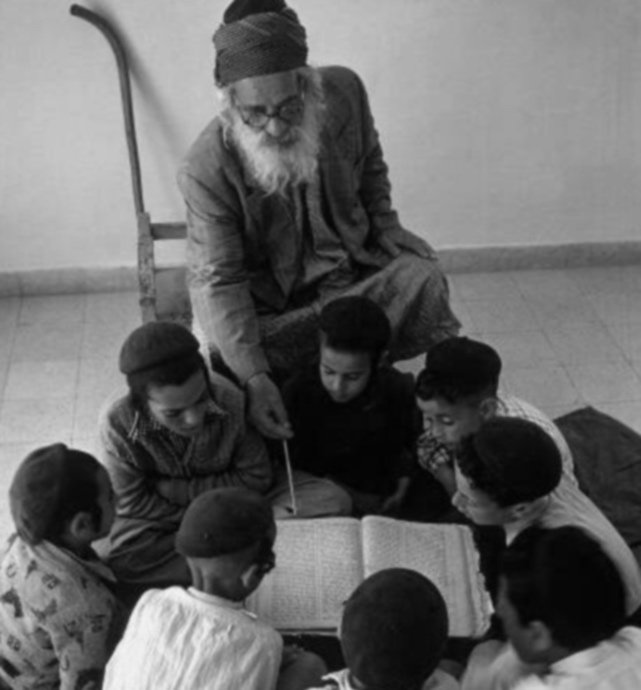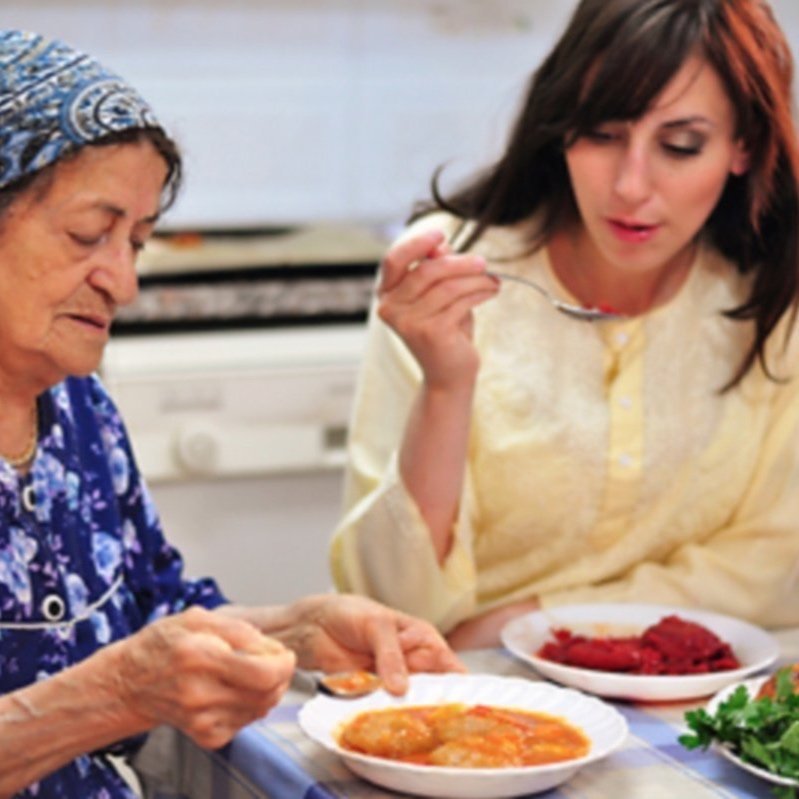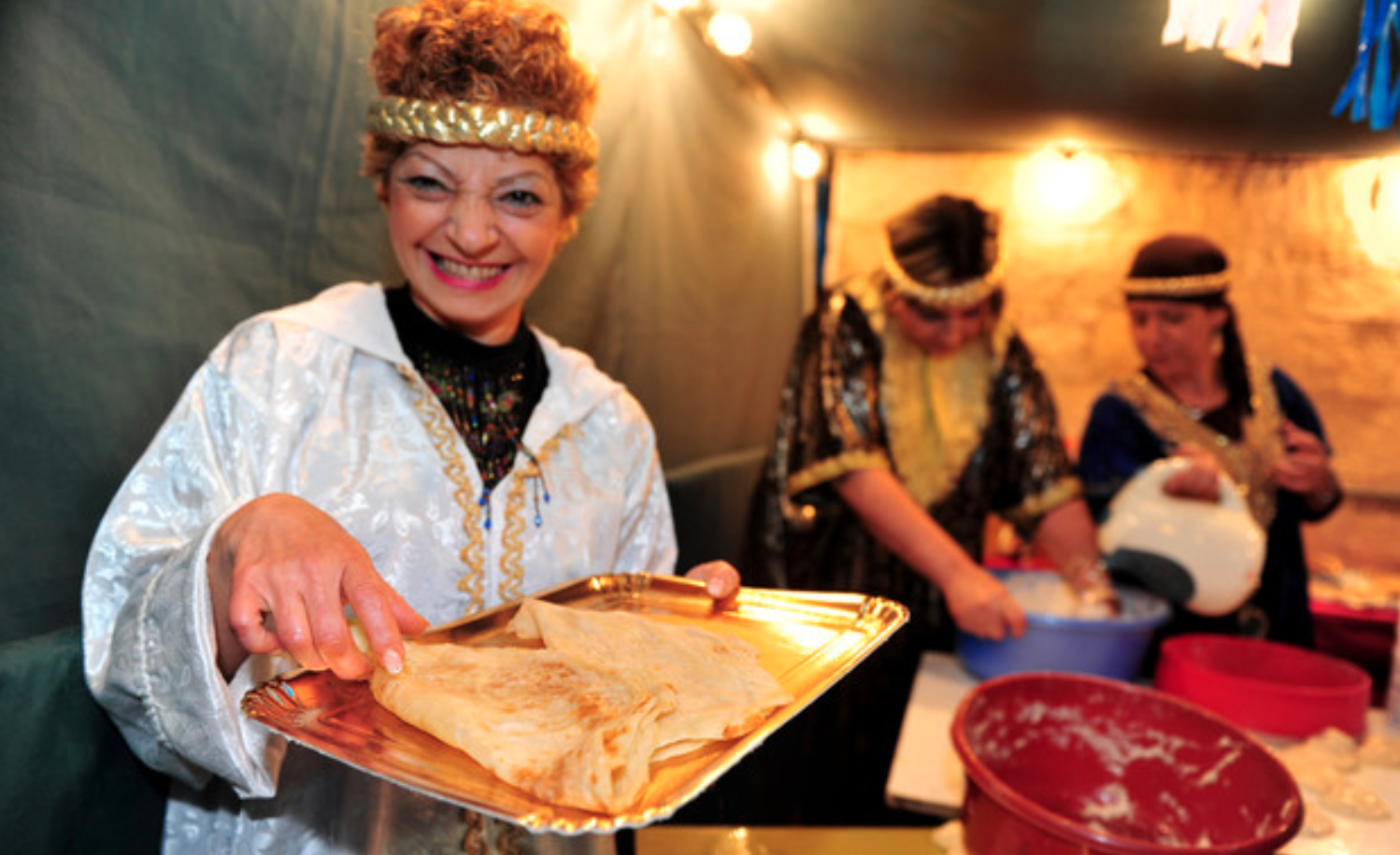
Le’Dor Va’Dor Project
Passing the Sephardic Heritage to the Next Generations in San Francisco
Make an
impact today
Support our mission by contributing a monthly or one-time donation.

Education
The Sephardic way of education is all about learning through action.
Whether it’s reading prayers together during Kabbalat Shabbat, participating in Torah classes, or celebrating holidays as a community, everyone is actively involved. It’s about being part of the experience, learning and practicing at the same time. This approach creates a deeper, more meaningful connection to our traditions, where learning is not just theoretical but lived and practiced in real time.
At the heart of the Sephardic way of education lies a Jewish identity and deep sense of belonging. It’s an authentic journey that connects individuals to their heritage and identity, offering not only knowledge but a deep-rooted connection to traditions that have endured for thousands of years.
In a modern world where things constantly change, the Sephardic tradition offers a profound sense of belonging. Rooted in the bonds of family and the warmth of community, we come together with people who respect these values and traditions. Through our Torah classes, services, holiday celebrations, Shabbat dinners, and gatherings, we pass on our heritage in a way that feels deeply connected and lived. These experiences create a lasting connection not only within our community but also to the broader Jewish community of the greater Bay Area, Preserving a legacy of wisdom that continues to influence and shape our lives today.
Through Le’Dor Va’Dor, we aim to preserve and continue this education journey, ensuring that the rich Sephardic heritage remains vibrant and alive, shaping future generations with the same authenticity and strength that has carried our community for centuries. Here, in San Francisco, we are committed to nurturing these values, creating a bridge from the past to the future, fostering a sense of belonging and connection that transcends time.
Help us pass on the Sephardic heritage to the next generations in San Francisco
Why Support the Sephardic Heritage Project?
-
Belonging
Your contribution nurtures a strong sense of belonging, providing a space for young people to connect with their roots and feel a part of something larger than themselves.
-
Connection
This project fosters deep connections within the community, uniting families and individuals through shared history, meaningful relationships, and cultural experiences.
-
Legacy
By supporting this project, you help preserve the rich Sephardic heritage, ensuring that the values, traditions, and wisdom of our ancestors are passed down to future generations.
-
Tradition
Supporting this project means preserving ancient traditions, from Torah classes and religious services to holiday celebrations, ensuring they remain vibrant and relevant for the next generation.
-
Education
Help us pass on not just knowledge, but the lived experience of Sephardic life—where learning and practice go hand in hand through real-time participation in community life.
-
Continuity
Your gift ensures that the legacy of Sephardic culture and values will continue to flourish, providing a guiding light for generations to come.

Flavors
In Sephardic cooking, flavors are a vessel for passing down memories, emotions, and a deep sense of belonging.
Each dish carries with it the stories of our mothers and grandmothers, who poured their love into the food, sometimes spending days, or even a week, preparing meals for family gatherings and celebrations. The flavors are infused with history, not just from the ingredients, but from the care and tradition that goes into every step of the cooking process.
Sephardic cooking is an art of patience and love. Take, for example, the preparation of traditional dishes like Hamin, Skhina, Dafina — slow-cooked meals that require not just time but dedication. These dishes would often be started days in advance, filling the home with tantalizing aromas that carried the promise of shared meals and togetherness. Every bite is a reminder of the warmth and care that went into it, connecting us to generations past and to each other.
It’s all about the stories behind the meals. Many recall how their grandmothers would lovingly recount how the same dish was prepared for their own families, each with slight variations passed down from one generation to the next. This process becomes more than just cooking; it’s a way of keeping our heritage alive, uniting us in the flavors of our ancestors and the love they poured into each meal.
At family and community gatherings, the food is always there, but it’s the connection that truly stands out.
The flavors are a vessel for togetherness, shared joy, and the continuity of tradition. In the Sephardic world, food is a celebration of life, love, and memories—each flavor, a reminder of who we are and where we come from as Jewish people.
Help us pass on the Sephardic heritage to the next generations in San Francisco
“I do it all to help the synagogue. It’s great to see so many people coming together over my food.”
Shimon Barzilay, Our Former Resident Chef de Cuisine for the Synagogue Community
“…it immediately reminded me of my Tunisian grandmother’s cooking. You don’t come across that kind of food very often in San Francisco.”
Leya Aronoff, Our Former Community Marketing Coordinator
“If you feed them, they will come”
Isaac Shabtai, Our Community President
You can read more about the interview with our Community Marketing Coordinator, our Chef, and the President of the Community in The J - Jewish News of Northern California, in the article titled “Sephardic Shabbat Dinners are Drawing a Young Crowd to SF Synagogue”

Culture
Sephardic culture is all about meaningful relationships.
It’s built on shared memories, history, and deep connections with those who truly matter. Every gathering reflects this, with each person playing an important role. Whether it’s the family members preparing the dishes with love, those conducting the services, or the community coming together to celebrate, everyone is involved in making the event meaningful.
For example, an Azkara gathering (known as Yortzite in Yiddish)—the anniversary of a loved one’s passing—is much more than a simple remembrance; it’s a celebration of the person’s life and legacy. Similarly, a Hilula gathering, which honors particularly righteous individuals, often Kabbalists deeply knowledgeable in Jewish mysticism, is filled with joyful singing, storytelling, and celebration of the person’s spiritual impact. The people preparing food pour their care into every dish, sometimes over the course of days, while those leading the prayers unite everyone spiritually. The community gathers to share memories, sing, and celebrate together, making these events a shared experience of connection.
In Sephardic culture, life is seen as infinite. This is because everything we do in life—every action, relationship, and memory—has a deeper connection beyond the moment. It’s not just about the technical or immediate act; it’s about the emotions and meaning we infuse into every action of our lives. These memories and relationships don’t fade; they live on. The legacy a person creates is part of who they are, and it continues to shape the lives of those around them, even after they are gone. In this way, every gathering, every action, and every relationship becomes part of an eternal story.
Help us pass on the Sephardic heritage to the next generations in San Francisco
FAQs
-
The Le'Dor Va'Dor project caters to all Jewish people in San Francisco and the Greater Bay Area, welcoming individuals from all backgrounds to connect with Sephardic traditions.
-
We offer three types of programs: education, flavors, and culture.
Education includes Torah classes and services, flavors focus on Sephardic food experiences, and culture includes both Jewish events done in the Sephardic way, such as Shabbat dinners (where we might tear the challah with our hands, enjoy a little Arak with the meal, and add some extra spice to the food), and uniquely Sephardic traditions like Mimouna and other customs (which, of course, also involve food—because what would a Sephardic event be without it?). While our current focus is on young professionals, we are planning to start very soon to cater to all age groups and people in different stages of life and career, such as families, kids, and those in their golden years, as we expand based on capacity and community priorities.
-
Le'Dor Va'Dor means “from generation to generation.”
We named the Sephardic Heritage project Le'Dor Va'Dor because it reflects our mission of passing traditions and values from one generation to the next.
-
Now, more than ever, generations are facing an identity crisis.
The Sephardic heritage might offer some people a new perspective on what it means to be Jewish—it’s very authentic, very vibrant, and full of a deep sense of belonging.
Because of that, it just clicks when a person experiences it. Our gatherings make people feel that they’re part of a big, warm family, all connected by this time-honored tradition.
Last year (2024), we welcomed almost a thousand new visitors, and many were amazed that a place like this exists. They shared sentiments like:
“I’ve never felt so accepted in my life!”
“This place fills me with pride to be a Jew!”
“I feel a true sense of belonging here.”
This heritage is rooted in the past and lives on in the present. It’s this authenticity, vibrancy, and sense of belonging, passed down through generations, that can help us as a Jewish community navigate today’s identity challenges.
-
Le'dor Va'dor achieves its mission by adding a Sephardic touch to our traditional Jewish practices, making them more appealing to today’s generation.
Additionally, We develop programs like Kululu matchmaking to help singles build families, as well as Sephardic events such as cooking sessions with community grandmothers.
We are also considering offering classes in Ladino, Haketia (Haquetia), and the songs of Rabbi Shalom Shabazi, known as the Diwan, along with other Sephardic cultural classes, to keep the heritage alive.
-
The best way to support is by setting up a monthly donation. This helps because Sephardic culture is a niche in San Francisco, and we need funds to bring in the individuals and resources necessary to sustain our mission.
If you can’t donate, contact us at admin@ansheysfard.com to volunteer or help with events and Minyanim. We appreciate any support you can offer.



